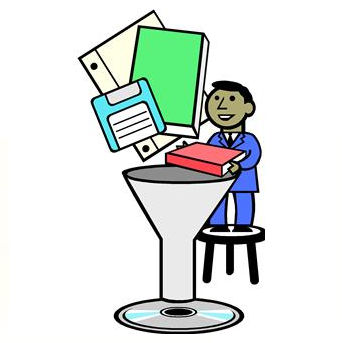Everything You Wanted to Know about Technology Assisted Review – eDiscovery Trends
Everything You Wanted to Know about Technology Assisted Review – eDiscovery Trends https://cloudnine.com/wp-content/themes/cloudnine/images/empty/thumbnail.jpg 150 150 CloudNine https://cloudnine.com/wp-content/themes/cloudnine/images/empty/thumbnail.jpg
Rob Robinson has put together another terrific compilation, this time a compilation of articles about Technology Assisted Review and Predictive Coding over the past 1 1/2 years (from February 2012, last updated on August 12). If you simply can’t get enough of the topic, you’ll want to check it out.
read more


